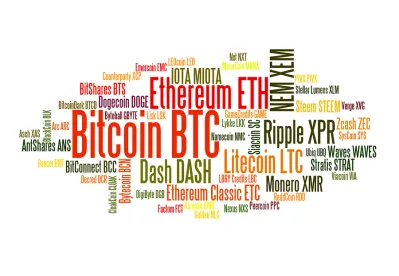On October 11, 2019, the SEC filed an emergency action to stop Telegram (Telegram Group Inc. and its wholly owned subsidiary TON Issuer Inc.) from continuing its offering of tokens. Telegram raised approximately $1.7 billion in early 2018 through the sale of its tokens, dubbed “Grams”, which it originally committed to deliver to purchasers from the sale by the end of this month. The SEC brought the action to prevent Grams from “flood[ing] the U.S. capital markets.” The company filed a response a few days later and, according to Bloomberg, in a separate email to investors proposed delaying the distribution of Grams until April of next year and requested their approval.
The SEC alleged in its complaint that Grams are securities and that Telegram failed to register the offering in accordance with the Securities Act. The SEC’s analysis followed its previously released framework for determining whether a digital asset is an “investment contract” (and therefore a security), focusing on the main issue of a purchaser’s expectation of profit. The SEC argues that Telegram led purchasers to expect profit because, among other actions, Telegram told purchasers that Grams would be listed on “major cryptocurrency exchanges” and sold Grams at “deeply discounted prices from its own projected secondary market price at launch.”
Telegram reiterated the argument that the 2018 purchase agreements for Grams are securities, but continued to deny that Grams themselves are securities, instead arguing that they are merely a currency or commodity. It also emphasized its previous cooperation with the SEC, including producing documentation, participating in in-person presentations and regular communication with the SEC. It is important to note that, consistent with its position, Telegram has previously filed two Form D filings with the SEC for the purchase agreements, claiming exemptions from registration with the SEC under Rule 506(c) and Regulation S. Form D filings are required by issuers claiming an exemption from registration under U.S. securities laws, while Regulation S is a “safe harbor” for the offshore sales of securities.
Despite Telegram’s efforts and apparent cooperation, the SEC has nonetheless decided to take the step of attempting to enjoin Telegram from issuing Grams. In a press release, Steven Peikin, the Co-Director of the SEC’s Division of Enforcement, stated, “Telegram seeks to obtain the benefits of a public offering without complying with the long-established disclosure responsibilities designed to protect the investing public.” Companies should continue to exercise caution when participating in the offering of digital assets, especially where certain characteristics of the assets or the offering fall under the SEC’s analysis of the assets as securities under its framework. If the digital asset in question is considered a security, offerings are not prohibited, but may need to be registered with the SEC if the facts and circumstances require it.



 />i
/>i

